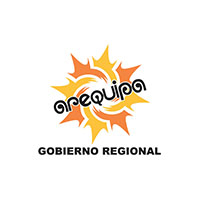Hay Festival Arequipa 2021 – Local
Are you in Arequipa? If you find yourself in the White City, you can see the live broadcasts of all of the events for free, on the big screen, comfortably seated at the Paraninfo de la Universidad Nacional de San Agustín, where you can enjoy the talks from 1 to 7 November.
More info at +51 984346405 or infoperu@hayfestival.com
More info at +51 984346405 or infoperu@hayfestival.com
Partner for Latin America

Principal Sponsors




Government Partner

Institutional Partner

